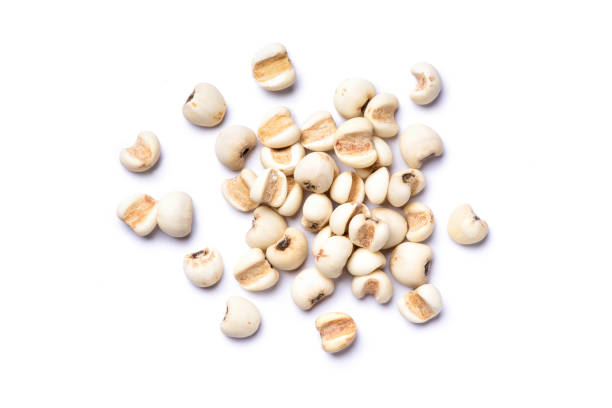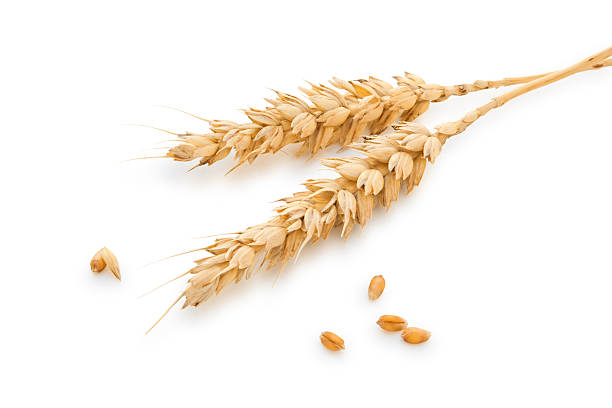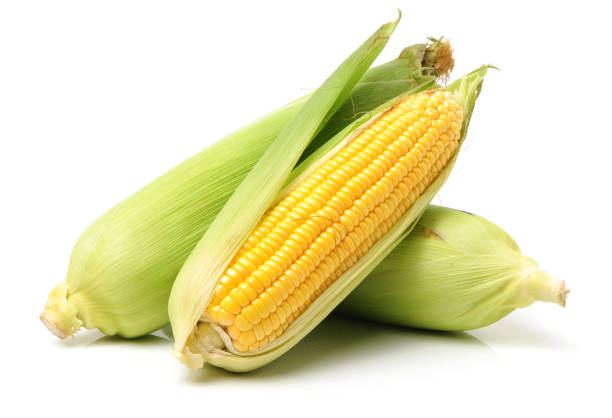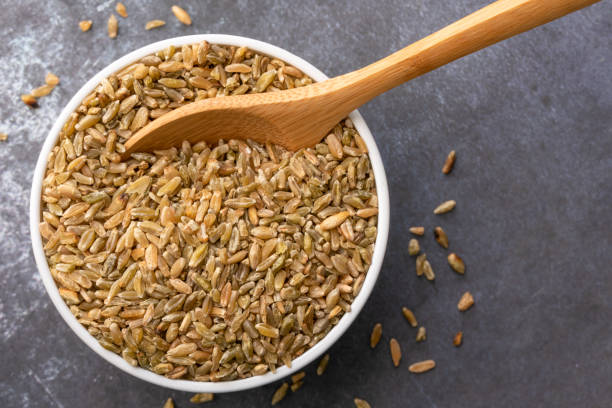Job’s tears, scientifically known as Coix lacryma-jobi, are a versatile grain with notable nutritional value. Rich in essential nutrients, this ancient cereal has been a staple in various Asian cuisines and traditional medicines for centuries.
Firstly, Job’s tears are an excellent source of carbohydrates, providing a sustained release of energy. The complex carbohydrates present in this grain contribute to a gradual increase in blood sugar levels, making it a suitable choice for individuals seeking sustained energy throughout the day.

Additionally, Job’s tears are relatively high in dietary fiber, promoting digestive health. The fiber content aids in maintaining bowel regularity, preventing constipation, and supporting a healthy digestive system. This can contribute to overall well-being and may be particularly beneficial for individuals looking to manage their weight.
Furthermore, Job’s tears are a good source of protein, containing essential amino acids necessary for various bodily functions. While not as protein-dense as some other grains, it can still be a valuable part of a balanced diet, especially for those who may be exploring plant-based or vegetarian lifestyles.
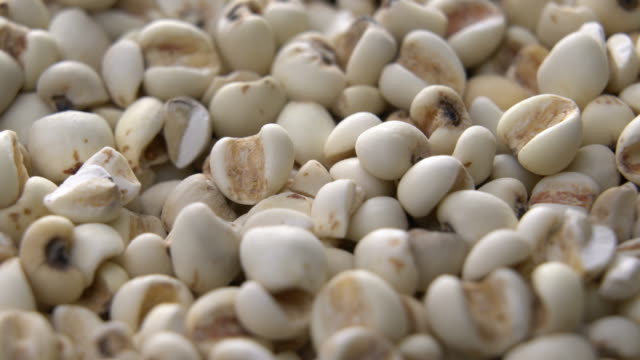
Moreover, Job’s tears contain essential minerals such as magnesium, phosphorus, and iron. Magnesium is crucial for muscle and nerve function, phosphorus plays a role in bone health, and iron is essential for oxygen transport within the body. Including Job’s tears in one’s diet can contribute to meeting these mineral requirements.
Interestingly, Job’s tears are gluten-free, making them a suitable option for individuals with gluten sensitivities or celiac disease. This characteristic enhances its versatility in various recipes and makes it an inclusive choice for a diverse range of dietary needs.

In traditional medicine, Job’s tears have been attributed with potential health benefits beyond basic nutrition. Some cultures have used them for their purported anti-inflammatory and immune-boosting properties. However, it’s important to note that scientific research on these potential health benefits is ongoing, and more evidence is needed to substantiate these claims.
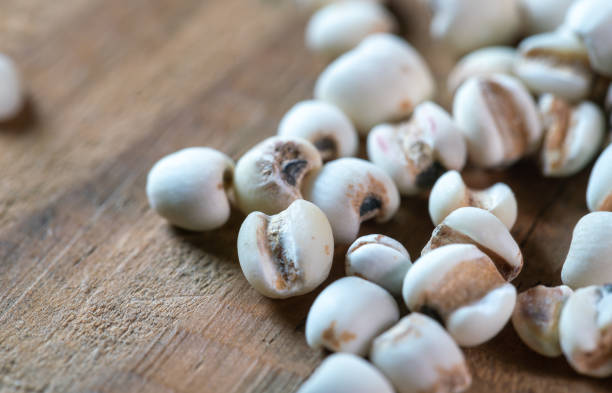
In conclusion, Job’s tears offer a valuable combination of carbohydrates, fiber, protein, and essential minerals. Whether incorporated into daily meals or utilized for their potential health benefits, this ancient grain provides a nutritious and versatile option for those seeking a well-rounded and diverse diet.

